I have a page, that loads data from different databases (which could have different charset). Problem is that it loads with broken charset to UTF-8. And I need to find a way, how to load it properly.
My connection is:
$db = new PDO("mysql:host=".DBHOST.";dbname=".DBNAME, DBUSER, DBPASS);
$db->setAttribute(PDO::MYSQL_ATTR_INIT_COMMAND, 'SET NAMES utf8');
$db->setAttribute(PDO::ATTR_ERRMODE, PDO::ERRMODE_EXCEPTION);
as you can see, I use 'SET NAMES utf8'
I have <meta charset="utf-8"> in <head>
And I have tried some conversions:
error_log("ORGIGINAL: ".$row["title"]);
error_log("ICONV: ".iconv(mb_detect_encoding($row["title"], mb_detect_order(), true), "UTF-8", $row["title"]));
error_log("UTF_ENCODE: ".utf8_encode ($row["title"]));
I believe I have all files loaded in UTF-8 too (re-saved every file in notepad switching from ANSI to UTF-8. then tried this tool for verification https://nlp.fi.muni.cz/projects/chared/)
now, where the fun begins: Not only that I got the wrong output, but I also have a different output for the browser and error log.
FIREFOX reaction:
Original:
utf8_encode:
iconv: same as utf8_encode
and now, how it was loaded into PHP error file:

As you can see, the output has the best result in the original shape, while if trying to convert, it has a more deformed output. Also tried to change the error log file charset to UTF-8 (original unknown/ANSI probably), but the same shape in both encodings)
The text is central-europe/czech. needed characters are: á é ý í ó ú ů ž š č ř ď ť ň ě
So, any ideas, where can be something wrong?
Thanks :)


